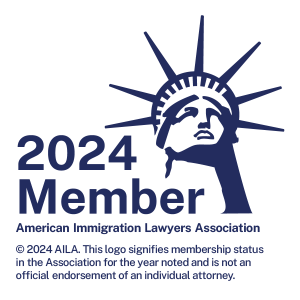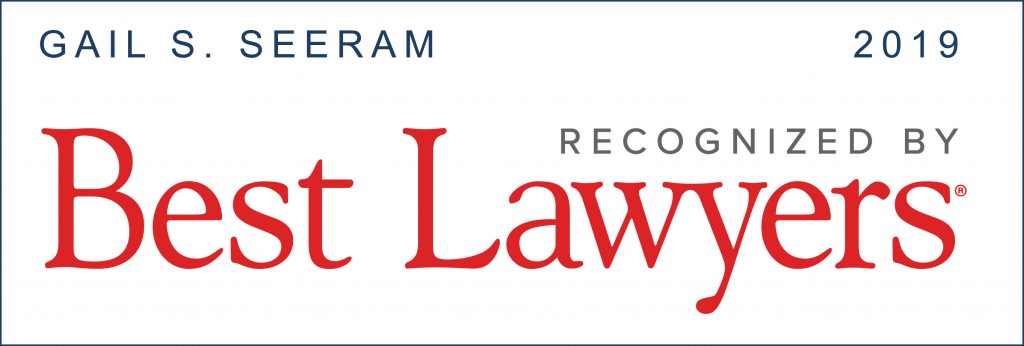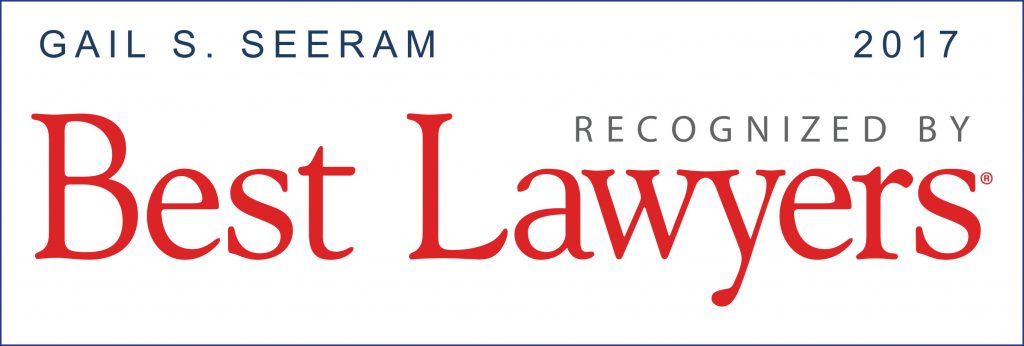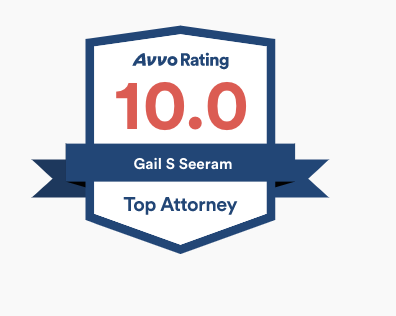 The “public charge” analysis or determination only applies to individuals seeking a green card or seeking permanent resident status in the U.S. These individuals must prove they will be self-sufficient not be a “public charge” or rely on Federal or State public benefits. Note, “public charge” does not apply to a U.S. citizen or someone who already has a green card or permanent residency in the U.S.
The “public charge” analysis or determination only applies to individuals seeking a green card or seeking permanent resident status in the U.S. These individuals must prove they will be self-sufficient not be a “public charge” or rely on Federal or State public benefits. Note, “public charge” does not apply to a U.S. citizen or someone who already has a green card or permanent residency in the U.S.
- Will getting tested, treatment or preventative care for COVID-19 impact my immigration application under the public charge rule? NO. On March 13, the U.S. Citizenship and Immigration Services (USCIS) announced that the agency will not consider “testing, treatment, nor preventative care (including vaccines, if a vaccine becomes available) related to COVID-19” as part of a public-charge determination, nor as related to the public benefit condition applicable to certain nonimmigrants seeking an extension of stay or change of status, even if such treatment is provided or paid for by one or more public benefits (e.g., federally funded Medicaid). USCIS is encouraging anyone with symptoms that resemble COVID-19 (e.g., fever, cough, shortness of breath) to seek necessary medical treatment or preventive services. USCIS has indicated that such treatment or preventive service “will not negatively affect any alien as part of a future public charge analysis.”
- Will obtaining unemployment insurance impact my immigration application under the public charge rule? NO. Unemployment insurance payments are not generally taken into consideration by the U.S. Department of Homeland Security (DHS) for purposes of making a public charge determination. As DHS explained in its final rule on inadmissibility on public charge grounds, “DHS would notconsider federal and state retirement, Social Security retirement benefits, Social Security Disability, post secondary education, and unemployment benefits as public benefits under the public charge inadmissibility determination as these are considered to be earned benefits through the person’s employment and specific tax deductions.”
- Will receiving a recovery rebate under the CARES Act impact my immigration application under the public charge rule? NO. On March 27, 2020, President Trump signed into law the Coronavirus Aid, Relief, and Economic Security (CARES) Act, a $2 trillion dollar economic recovery package. The package offers relief to state and local governments, individuals, small and large businesses, and hospitals affected by the 2019 novel coronavirus (COVID-19) pandemic. In particular, the CARES Act provides for the issuance of one-time payments, called recovery rebates, (or commonly known as “stimulus checks”) to help individuals recover from the economic impacts of the COVID-19 pandemic. Eligible individuals with an adjusted gross income up to $75,000 can receive a one-time payment of $1,200. Married couples filing a joint tax return are eligible to receive a payment of $2,400, as long as their adjusted gross income is less than $150,000. Eligible individuals can also receive an additional $500 for each eligible child under the age of 17.. The recovery rebates are structured as automatically advanced tax credits to be disbursed by the Treasury Department. The DHS final rule on inadmissibility on public charge grounds is clear that tax credits are not taken into account for the purpose of a public charge determination.
For more information on Public Charge Rule,
text/call 407-292-7730 | whatsapp 407-353-1363 |email [email protected]
FREE phone & in-office consultation – FREE Live Chat www.GailLaw.com
Copyright © 2020, Law Offices of Gail S. Seeram. All Rights Reserved.













